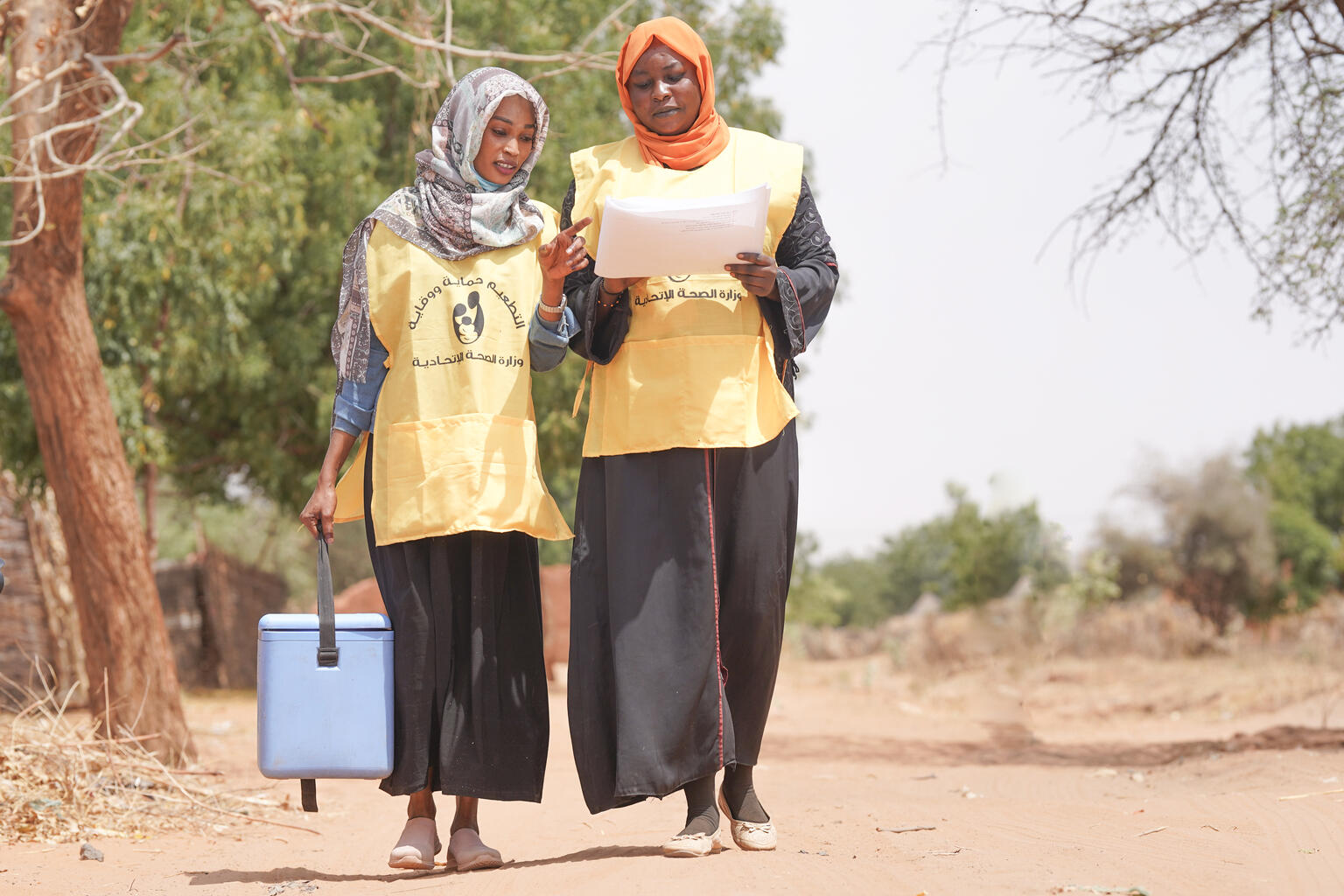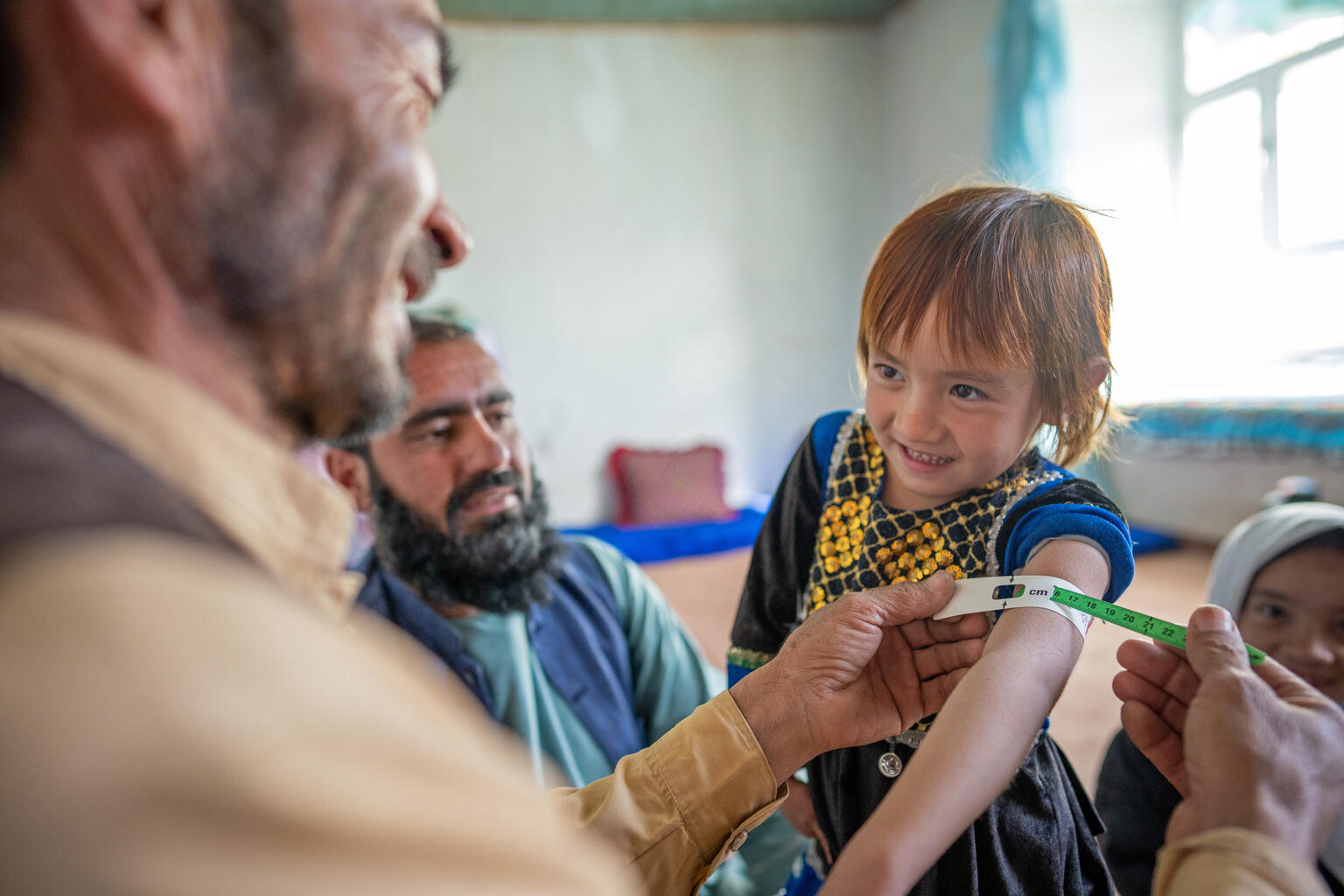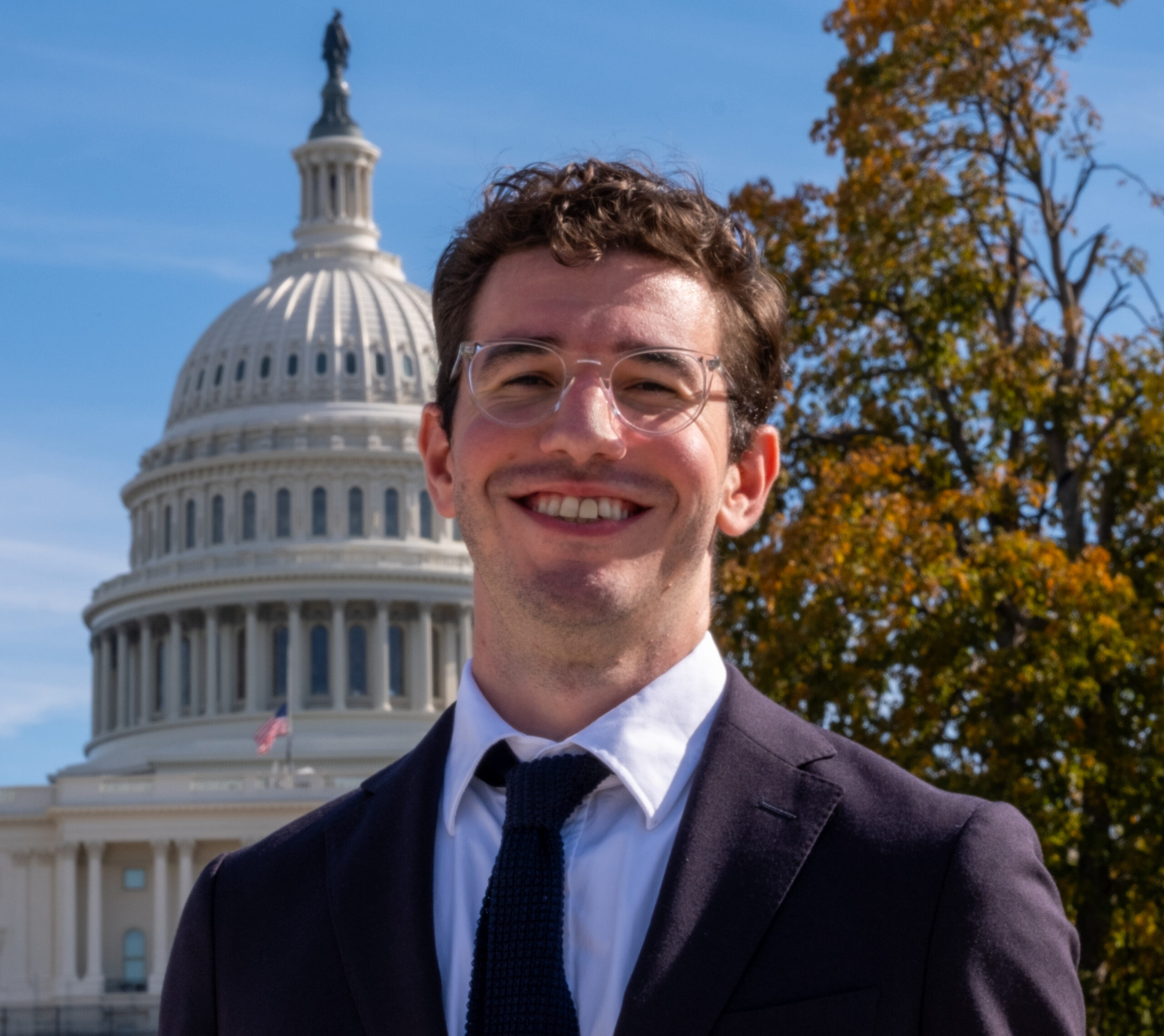Community Health Workers Are Critical To Providing Care
In many countries, community health workers are they key to ensuring health services reach the most isolated and the most vulnerable.

In honor of Universal Health Coverage Day on December 12, Shot@Life has been highlighting the vital but unappreciated role of community health workers (CHWs).
What is a community health worker?
Community health workers (CHWs) are healthcare providers who live in the community that they serve. They typically have less formal training and resources than healthcare professionals, such as nurses and doctors, but their role in expanding access to care is no less important.
The community health paradigm is not limited to low- and middle-income countries. Many jurisdictions in wealthier countries employ community health workers for outreach, education, and community liaison purposes. However, in countries with less-resourced, less-developed health systems, CHWs have a larger and more vital role in providing care.
What do they do?
CHWs have a wide range of roles and responsibilities. They provide community members with information about services available at nearby health centers and the importance of clean water and sanitation practices. They may go house to house taking basic vitals of residents and screening children for malnutrition and immunization status. They file reports on the health statistics of households in their community.
CHWs also play an especially important role in immunization programs. As trusted voices within their communities, they can provide information about the safety, efficacy, and importance of vaccines. Through community mobilizations, they lay the groundwork for vaccination campaigns by bringing together community members and local leaders to raise awareness and ensure broad buy-in.
In some settings, especially in rural areas, CHWs may also serve as vaccinators themselves. In light of the shortages of professionalized health workers in lower-income countries—with some 10 million more health workers needed by 2030 to meet demand for primary healthcare—CHWs are likely to see their role as providers continue to expand.

Challenges
Despite the essential role CHWs play in health systems, they face a number of challenges, including lack of training and medical supplies and, most glaringly, lack of pay.
According to some estimates, CHWs face acute shortages of essential medicines roughly one-third of the time. And since they are the primary providers of health education, outreach, and care in remote or marginalized communities, this means supply shortfalls hit society’s most vulnerable the hardest.
And despite forming the backbone of primary healthcare in many communities—in Africa, for example, CHWs serve some 400 million people—the vast majority of CHWs are unpaid.
Only about 14% of CHWs worldwide are salaried, with the rest working on a voluntary basis for little or no compensation. Partly, it’s a question of resources: countries that rely on CHWs tend to be lower-income, and donor funding is not always expansive enough to cover all needs. But it’s also a question of CHWs—and their work—being chronically undervalued. What’s more, about 70% of CHWs are women, meaning the lack of pay both reflects and entrenches systemic gender inequalities.
But community health workers are not voiceless or powerless, and a growing movement has been organizing and advocating for better treatment and fair pay.
Moving forward
In Kenya, the CHW Champions Network, which counts more than 6,000 CHWs as members, has successfully lobbied the government for monthly wages, health insurance, and smartphones for digital data collection. What began as a local WhatsApp group has become a national force improving conditions for more than 100,000 health workers across the country.
“The voice of a community health worker is very important. When we started advocated for ourselves, we started seeing change.”
Margaret Odera, CHW from Nairobi, Kenya, and founder of CHW Champions Network
Technology is also facilitating compensation for CHWs. In the Democratic Republic of Congo, the World Health Organization, the Ministry of Health, and the Gates Foundation have teamed up to use a new digital payments system for CHWs who assist with polio vaccination campaigns. These payments go directly to health workers, avoiding the long delays of older forms of payment, providing for CHWs and their families, and enabling a more efficient and professionalized response in the face of polio outbreaks.
Similar advocacy and innovation are underway across the continent and beyond, while CHWs are also belatedly receiving a seat at the table at the highest-level discussions of global public health. The past two World Health Assemblies and this year’s UN General Assembly both featured CHW speakers at high-level panels and side events, adding a distinctive perspective to policy discussions rooted in practice and experience.
Conclusion
Community health workers have been the unsung heroes of global health for too long. Universal health coverage will only be possible when every last family is reached—and that will only happen through the efforts of community health workers. It’s time to listen to their experiences and give them a voice in policy. It’s time to provide them with the support they need to do their jobs well. And it’s time to give them the fair compensation they’ve earned many times over.
To learn more about how Shot@Life and partners like Takeda Pharmaceuticals Ltd. are working to support community health workers and the vital role they play in Universal Health Coverage, click here.

